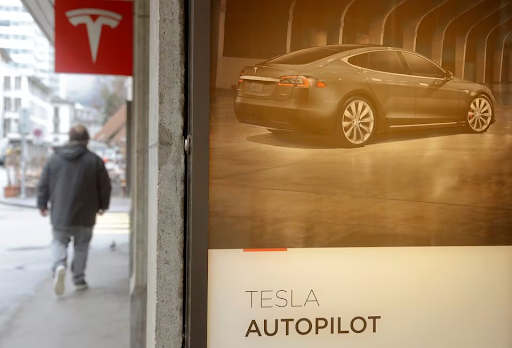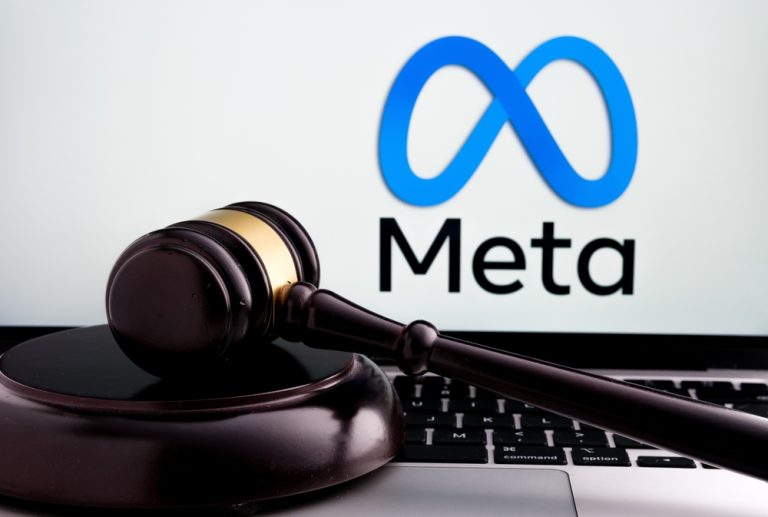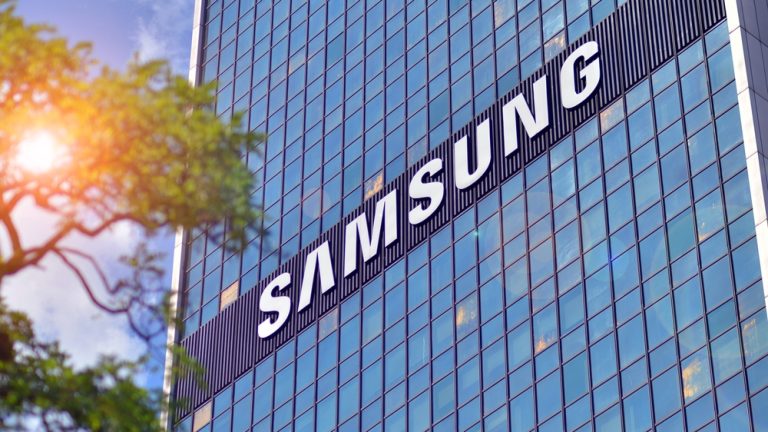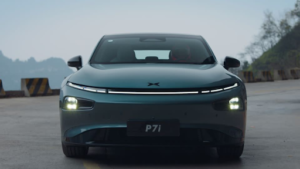The quest for autonomous driving technology has hit a legal bump for Tesla Inc., as a recent court ruling in Florida has unearthed “reasonable evidence” suggesting that the company, led by CEO Elon Musk, was aware of defects in its Autopilot system but continued to allow its vehicles to operate unsafely. This information comes from a decision by Judge Reid Scott of the Circuit Court for Palm Beach County, which may pave the way for a trial involving punitive damages due to intentional misconduct and gross negligence on the part of Tesla.
The case in question, stemming from a tragic 2019 incident where Stephen Banner lost his life after his Model 3 collided with a big rig, highlights potential discrepancies between Tesla’s internal knowledge and its public claims. According to Bryant Walker Smith, a law professor, the judge’s findings point towards “alarming inconsistencies” that could unravel in a public trial, possibly resulting in punitive damages against the automaker.
Judge Scott’s ruling draws attention to Tesla’s marketing strategies, which he contends may have misrepresented the capabilities of the Autopilot system, potentially influencing consumer beliefs about its autonomy. Furthermore, the judge suggests that the company’s warnings and agreements should have adequately informed users of the system’s limitations. The judge notably mentioned the similarities between Banner’s crash and another fatal accident in 2016, where Autopilot also did not detect crossing traffic, indicating Tesla’s acute awareness of the technology’s shortcomings.
As Tesla braces for a public trial, the statements by Banner’s attorney, Lake “Trey” Lytal III, indicate a strong stance based on the evidence of punitive conduct. The case is particularly significant as it follows Tesla’s recent legal victories in California and could open the company to further scrutiny regarding its innovative yet controversial Autopilot technology.
The ruling by Judge Reid Scott represents a potential turning point for the perception and regulation of autonomous vehicle technology. As the trial approaches, all eyes will be on Tesla and its leadership to respond to these serious allegations and to ensure that future marketing accurately reflects the real-world capabilities of its driving systems.























+ There are no comments
Add yours